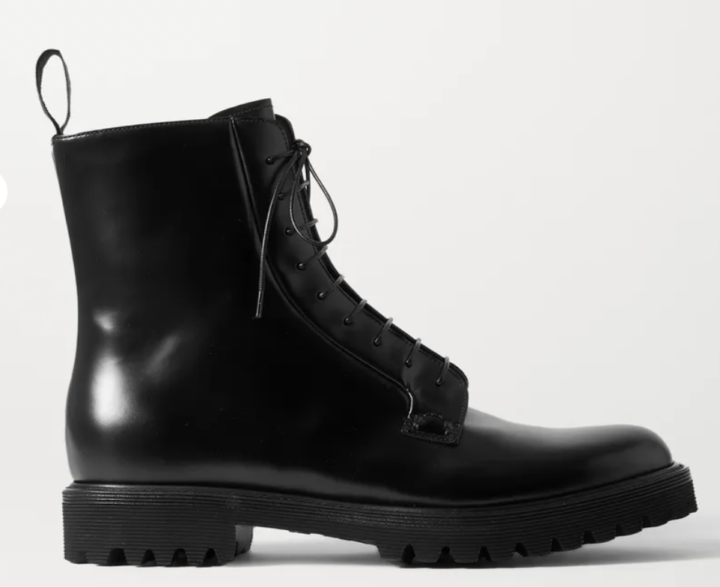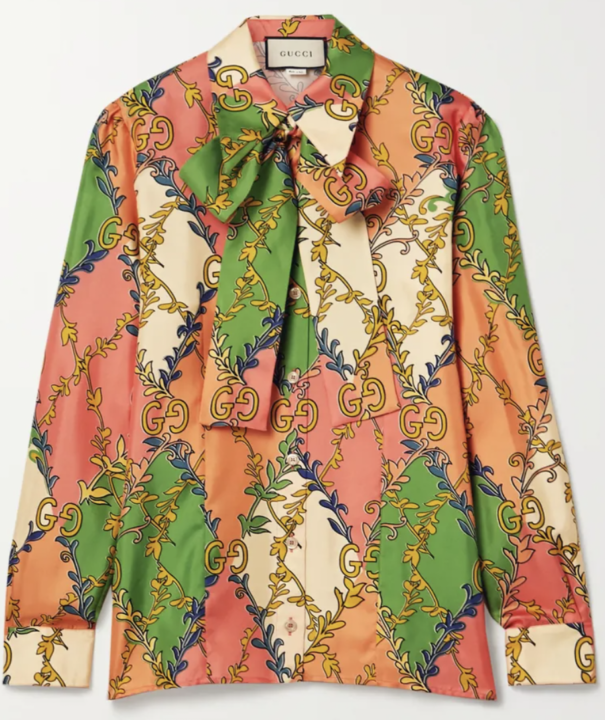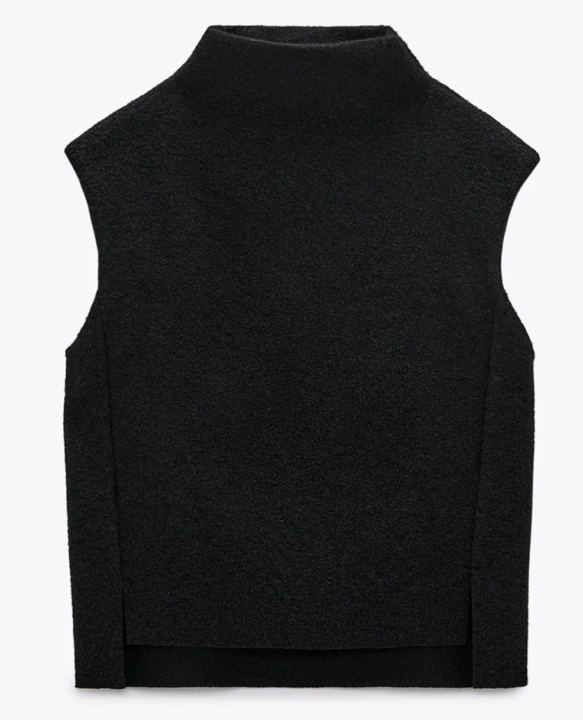I had the great privilege of analyzing and discussing Brene Brown’s book “I Thought It Was Just Me (But It Isn’t)” with fifteen other courageous and beautiful women. We met once a week for eight weeks. It was a humbling, insightful, at times frightening, eye-opening experience for me. After expressing such personal, raw, and emotional shame scenarios of my own; I left this group feeling love, support, courage, and strength from all of these wonderful women that shared their stories with me.
When people hear the word “shame”, they often don’t want to talk about it, or they believe that it’s reserved for only the unfortunate few who have survived terrible traumas. This is so NOT true. Shame is something we all experience. And, while we think that shame hides in our darkest corners, it actually lurks in all of our familiar places…appearance and body image; motherhood; parenting; family; money; work; mental and physical health; addiction; sex; aging; and religion!
Brene Brown defines shame as “the intensely painful feeling or experience of believing we are flawed and therefore unworthy of acceptance and belonging…shame creates fear, blame, and disconnection.”
In varying degrees, we all know the struggle to feel comfortable with who we are in a society that puts so much importance on being PERFECT and fitting in. We know the painful wave of emotion that washes over us when we feel JUDGED and RIDICULED about they way we look, about our performance in the workplace, about our parenting, etc. This is why we work so hard to hide the flawed parts of ourselves that leave us open to ridicule and judgement. And, it’s not always societal pressures or someone else putting us down. The most painful shaming experiences are often self-inflicted.
When we dig a little deeper, we find that shame is often what drives us to: hate our bodies; fear rejection; stop taking risks; or hide the parts of our lives that we fear others might judge. Shame forces us to put so much value on what other people think that we lose ourselves in the process of trying to meet everyone else’s expectations. Because we are embarrassed to admit or talk about our shame, our silence regarding this topic pushes it underground where it penetrates our personal lives in destructive and harmful ways. Hence, shame plays a huge role in depression, anxiety, addiction, eating disorders, bullying, suicide, sexual assault, and family violence.
Brene Brown interviewed hundreds of women about their lives and through the course of these interviews twelve categories emerged as areas in which women struggle the most with feelings of shame: appearance and body image; motherhood; family; parenting; money and work; mental and physical health; sex; aging; religion; being stereotyped and labeled; speaking out; and surviving trauma.
When we are in shame, we are often overcome with the need to hide or protect ourselves by any means possible. When we first experience shame, our first layer of defense often is involuntary. It goes back to our primal need of flight, fight, or freeze. In order to deal with shame, we have one of three responses: moving toward (people-pleasing); moving against (yelling, acting out aggressively, trying to gain power over others); or moving away (withdrawing, isolating, silencing, and keeping secrets).
But no matter what we do, we can’t control how other people see us! This has taken me a long time to realize…and I’m still working on this concept. I want to be perceived in a certain way, but I need to stop worrying about what other people think of me and just try to be my true, authentic self.
If you can talk to someone about your shame- expose it to the light, shame loses its power over you. If you keep your shame silent and in the dark, it grows exponentially- it silences our voices. We can heal through our connections with others. One of the most important benefits of reaching out to others is learning that the experiences that make us feel most alone are actually universal experiences. We are never alone in our struggles.
Regardless of how we were raised, our beliefs, our family history, our monetary status…all of us fight hidden, silent battles against: not being good enough, not having enough, and not belonging enough. When we find the courage to share our struggles or heartaches, and when we find the compassion to hear others tell their stories…we force shame out of hiding and end the silence. When we don’t reach out, we fuel our shame and create isolation and disconnection with others.
Another form of disconnection is being disconnected with ourselves. I have often found myself in this exact position. We are often so influenced by what other people think and so overwhelmed with trying to be who other people need us to be, that we lose touch with our sense of self. We lose our grounding, our authenticity. Being authentic is what we all strive to be. When I am in the presence of an authentic person, I feel it in my bones. I gravitate toward people whom I perceive as honest, real, sincere. I want to be confident enough to share my real self with others. I want to be comfortable in my own skin.
Shame prevents us from presenting our real selves to the people around us. How can we be genuine when we are desperately trying to manage and control how others perceive us? How do we stand up for what we believe in when we are trying to make everyone around us happy, so they won’t get angry and put us down?
We cannot share ourselves with others when we see ourselves as flawed and unworthy of connection. To share ourselves with others we need to practice empathy and compassion. We need to be able to listen to someone else’s shame, someone else’s pain even though it might be quite uncomfortable. Showing compassion for others is putting yourself in their shoes, being in that painful moment with them.
Another important topic to discuss is how shame and addiction correlate. Shame and addiction feed off each other. They are inextricably connected. In those profound moments of shame: when you feel rejected, worthless, degraded, embarrassed- you are far more likely to engage in inappropriate behavior. One way we ease the pain and discomfort of feeling inauthentic (shameful) is substance abuse, eating disorders, self-harm, etc. Addiction and shame are so similar. They leave us feeling disconnected and powerless. Addiction of any kind and in any form can make us feel alone and on the outside. And, lastly, there is often a sense of secrecy and silence about addiction.
Researchers are finding that women often use alcohol to improve their mood, increase their confidence, reduce tension, and feel less shy. This is no surprise to me! I 100% agree! Wine is one of my best friends at a party! Brene Brown said it perfectly, “I considered a cigarette and a beer my social sword and shield. I’m not sure I could have navigated a party or a bar without this armor.”
We turn to alcohol, food, starvation, drugs to relieve our stress, awkwardness, or unhappiness. But addiction doesn’t relieve these things, it only makes you more desperate for relief, and much more unhappy. We live in a shaming culture when it comes to addiction. We use negative stereotypes to characterize those struggling with it as lying, cheating, untrustworthy, flawed, inferior, and manipulative. But we often fail to acknowledge that all of us are, in some way, struggling or connected to someone who is struggling with addiction. This is all so true to me. Addiction is not ugly and something to be scorned. These are real, normal people; with real problems; and real beautiful lives ahead of them!
Brown acknowledged one issue that is clear from her interviews- how incredibly hard we are on ourselves. We must learn how to respond to ourselves with empathy and understanding. It takes a lot
of work to stay out of judgement about others, and it takes even more work to stay out of self-judgement. Our ability to be authentic and genuine often depends on our level of self-acceptance, our sense of belonging to ourselves, and our ability to express self-empathy.
Whether it’s divorce, addiction, depression, infertility, miscarriage, etc…One reason empathy and compassion are so powerful is the fact that they say to someone “I can hear this. This is hard, but I can be in this space with you.” One of my biggest challenges is learning how to open up to others, sharing my feelings, and building close relationships and strong friendships. I need to be my true authentic self…learn not to hide and be shameful of my flaws…accept myself for who I am, not what I think others want me to be. JUST BE REAL!
Compassion is not a relationship between the healer and the wounded. It’s a relationship between equals. Only when we know our own darkness, can we be present with the darkness of others.
On a final note, a beautiful quote from Brene Brown…











